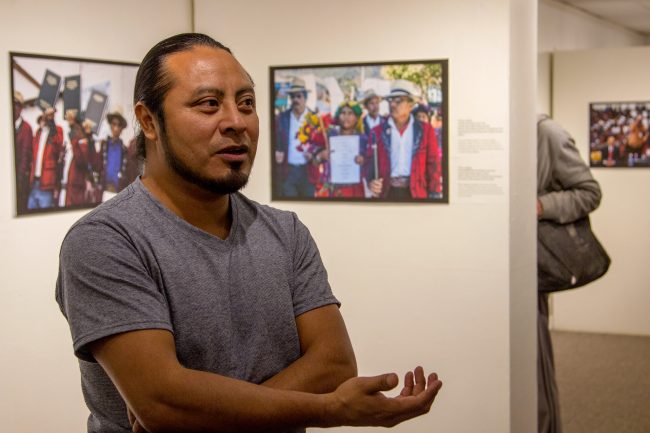
Documentary photographer Roderico Y. Diaz talks about the exhibit, “Defending Truth and Memory: The Path Towards Justice in Guatemala,” at the University Museum at Kent Hall on Feb. 1. (Photo by Maggie Adams / Kokopelli)
The photo exhibit “Defending Truth and Memory: The Path Towards Justice in Guatemala” opened at the New Mexico State University Museum on February 1, 2018. It captures the strength and beauty of Indigenous peoples in Guatemala and their fight for justice for the atrocities they have faced. In 2013, former Guatemalan de facto dictator José Efraín Ríos Montt was found guilty of genocide and crimes against humanity. Just 10 days later, the sentence was overturned and the case was sent to retrial. In April, 2018, Ríos Montt died facing a retrial.
Roderico Y. Díaz is a contributing photographer to this collection gathered by Guatemala’s Center for Human Rights Legal Action (CALDH), a co-plaintiff in the genocide trial against Ríos Montt. This is the first time that this exhibit has been printed and displayed in the United States. On opening night, Roderico Y. Diaz spoke about his experiences documenting the survivors of genocide and the struggle of Indigenous communities as they defend their identifies, natural resources, and rights to land and territory.
Articles, videos, and a podcast from the launch of the exhibit in New Mexico, where photographer Roderico Y. Díaz reflects on his work documenting struggles for justice in Guatemala. Read more.
Photographs from the launch of the exhibit at the New Mexico State University Museum, screen-printing t-shirts, painting murals, and more! Read more.
As part of the launch, Indigenous artist Saba screen-printed t-shirts featuring one of photographer Roderico Y. Díaz’s photos. Get your’s today! Click here for order information!
Want to get involved?
Host the exhibit in your city!
Write to former accompanier Kayla Myers for more information:
autumnkay90@gmail.com
Las Cruces reflects on Truth and Memory Exhibit
Prompt: How does honoring memory empower the construction of a peaceful and just society?
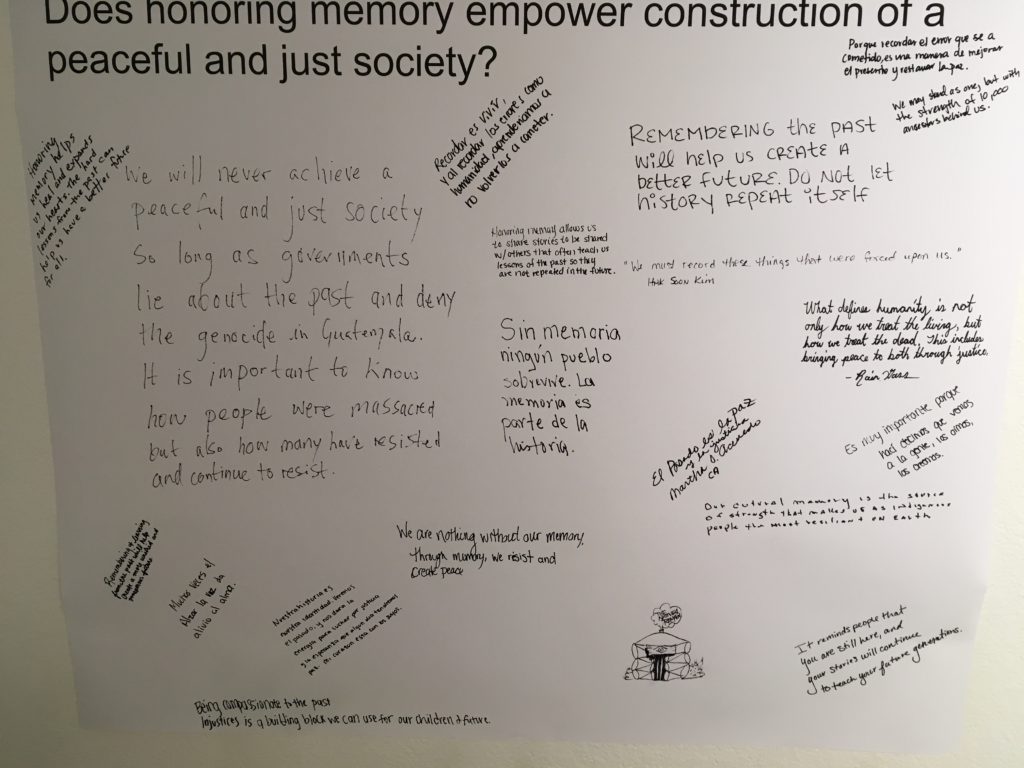
Responses from exhibit visitors in New Mexico:
Being compassionate to the past injustices is a building block we can use for our children and future.
Our cultural memory is the source of strength that makes us as Indigenous people the most resilient on Earth.
Porque recordar el error que se a cometido es una manera de mejorar el presente y restaurar la paz.
Recordar es vivir, y al recordar los errores como humanidad, aprenderíamos a no volvernos a cometer.
We will never achieve a peaceful and just society so long as governments lie about the past and the genocide in Guatemala. It is important to know how people were massacred but also how many resist and continue to resist.
Es muy importante porque hací decimos que vemos a la gente, los oímos, los creemos.
What defines humanity is not only how we treat the living, but how we treat the dead. This includes bringing peace to both through justice.
Nuestra historia es nuestra identidad. Veremos el pasado, y nos dará la energía para luchar por justicia y la esperanza que algún día tendremos paz. Mi corazón esta con los suyos.
Honoring memory allows us to share stories to be shared with others that often teach us lessons of the past so they are not repeated in the future.
We must record these things that were forced upon us.
Sin memoria, ningún pueblo sobrevive. La memoria es parte de la historia.
We are nothing without our memory, through memory we resist and create peace.
We may stand as one, but with the strength of 10,000 ancestors behind us.
Remembering and learning from the past will help create a more unified prosperous future.
Remembering the past will help us create a better future. Do not let history repeat itself.
It reminds people that you are still here, and your stories will continue to teach your future generations.
Honoring memory helps us heal and expands our hearts. The hard lessons of the past can help us have a better future for us all.
Muchas veces el alzar la voz da alivio al alma.

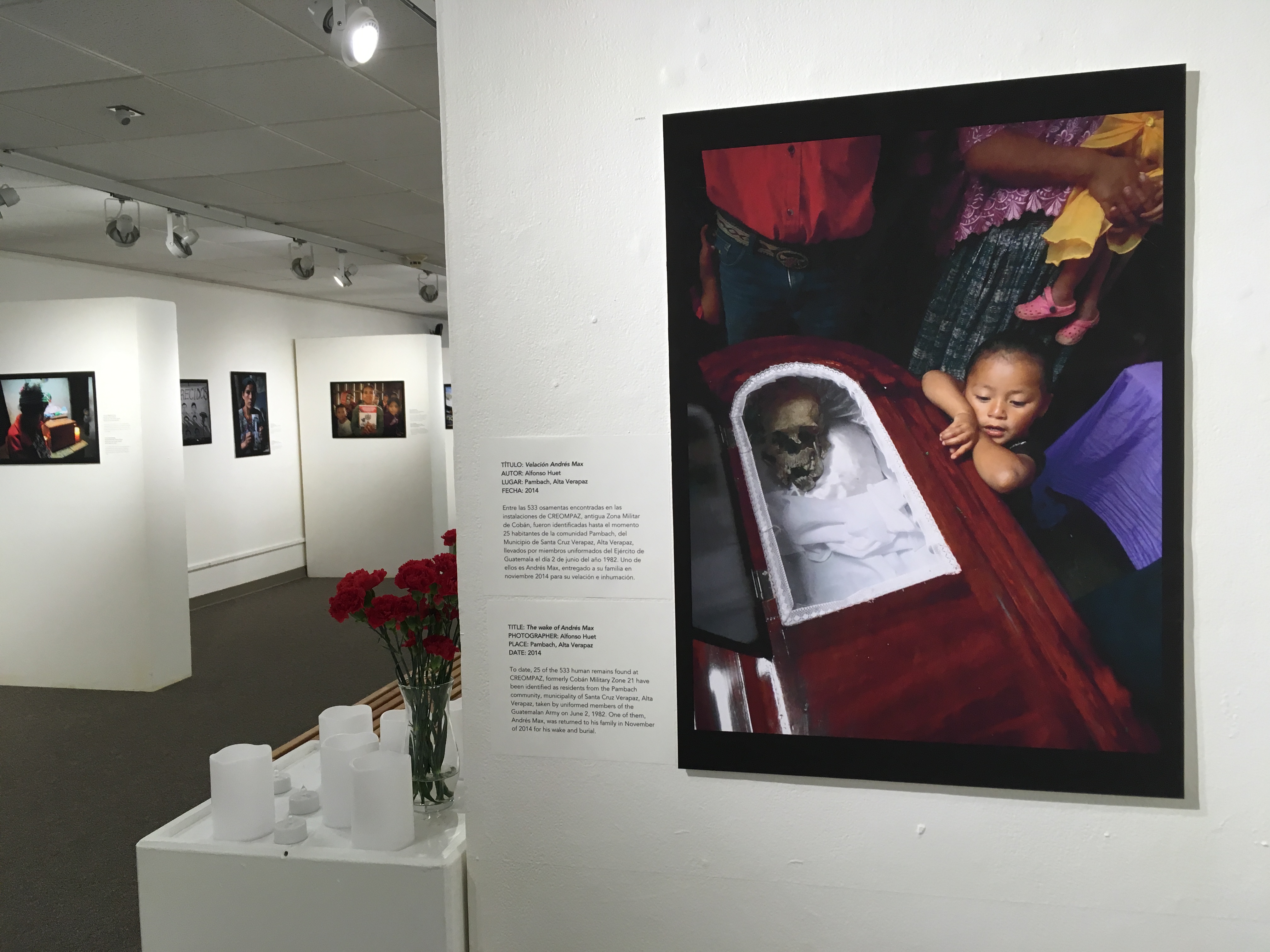
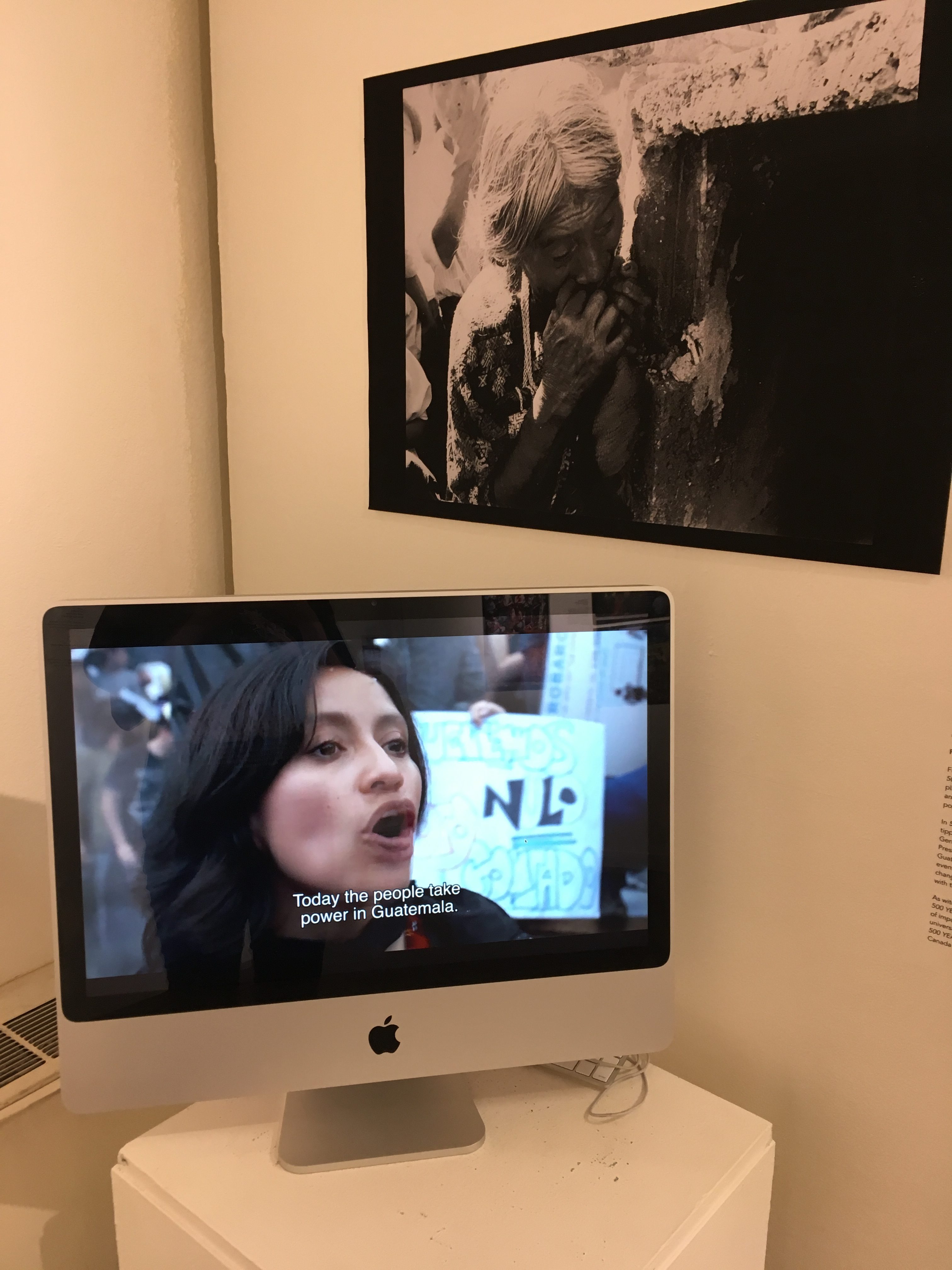

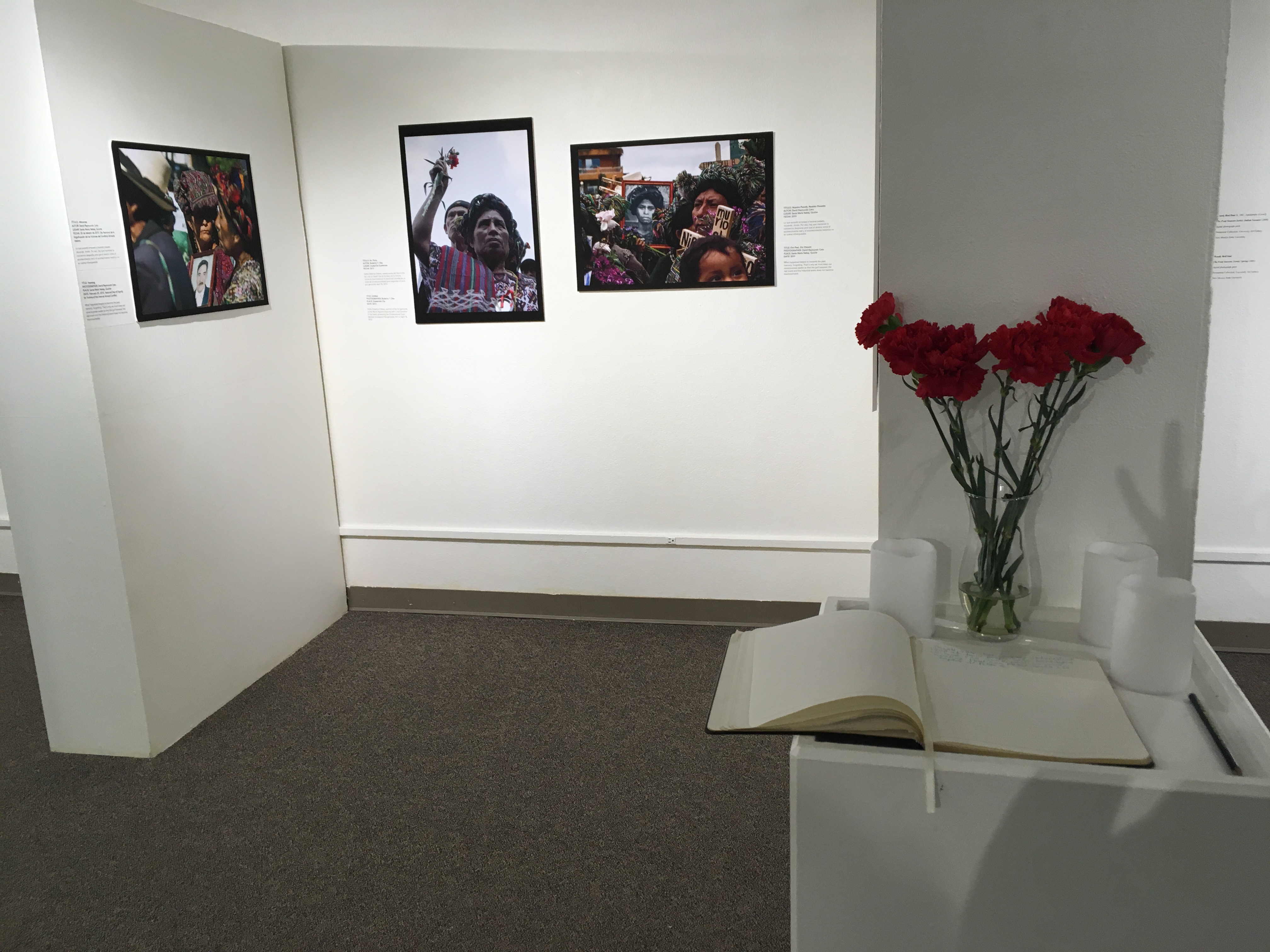
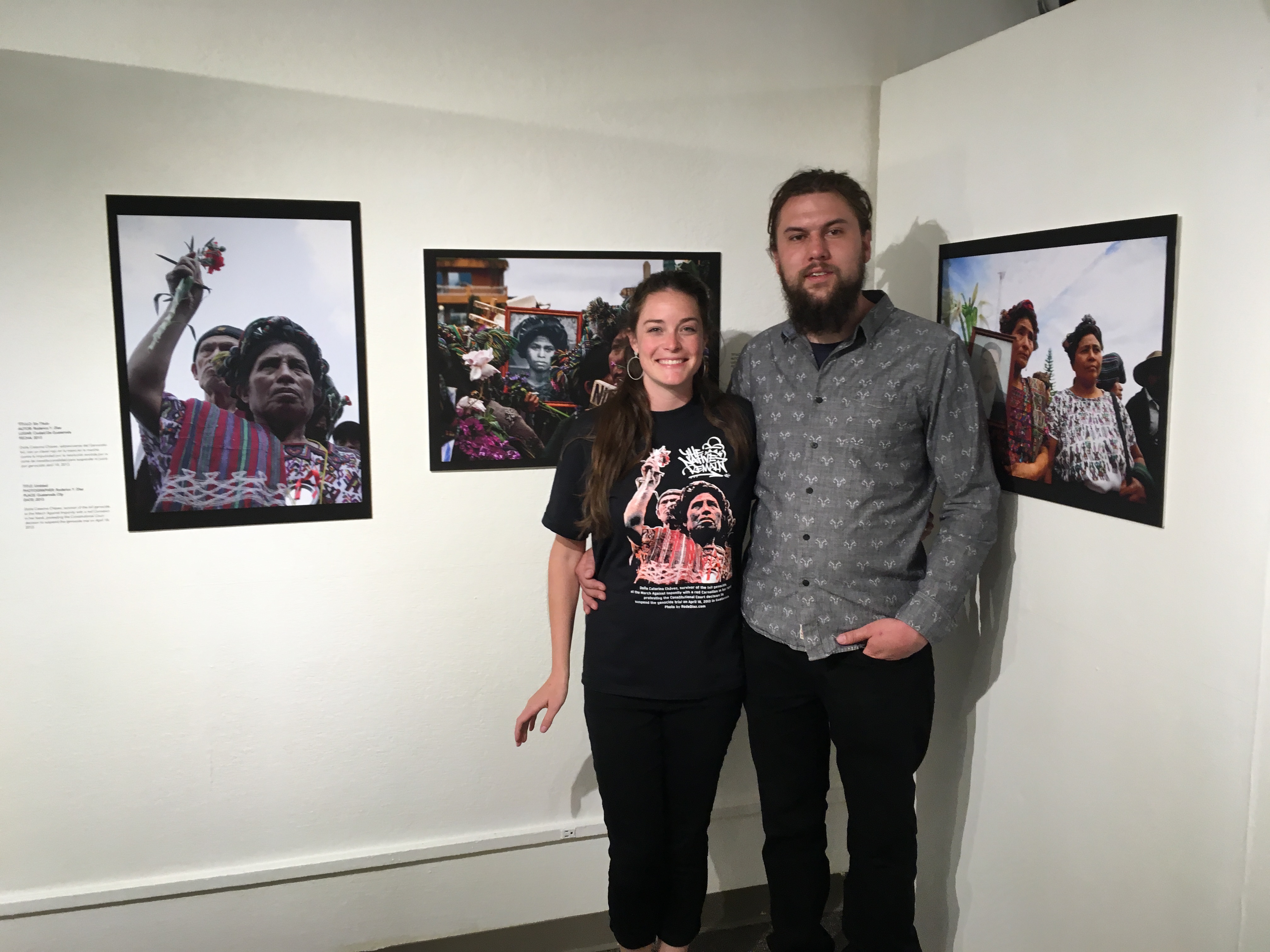
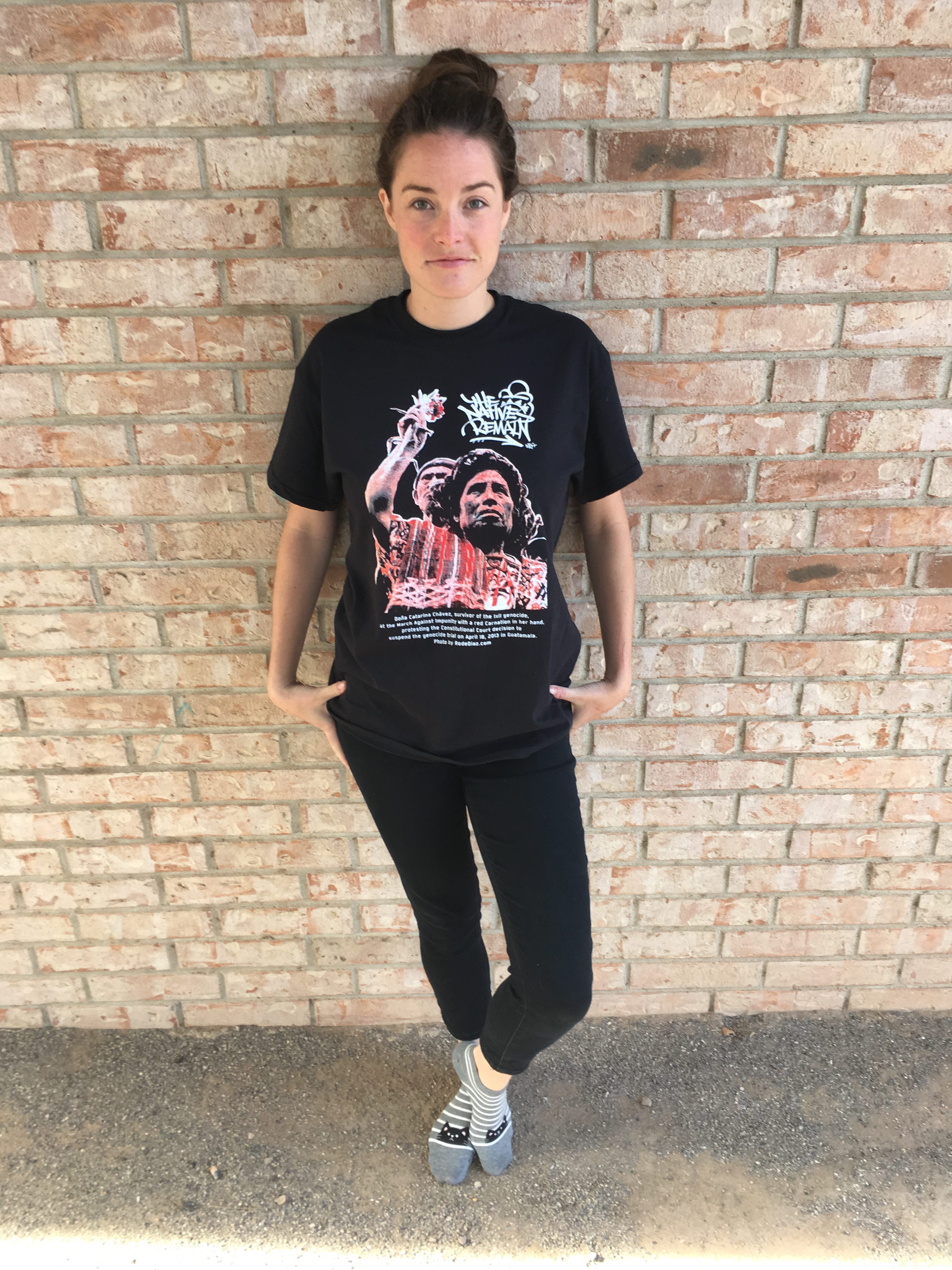
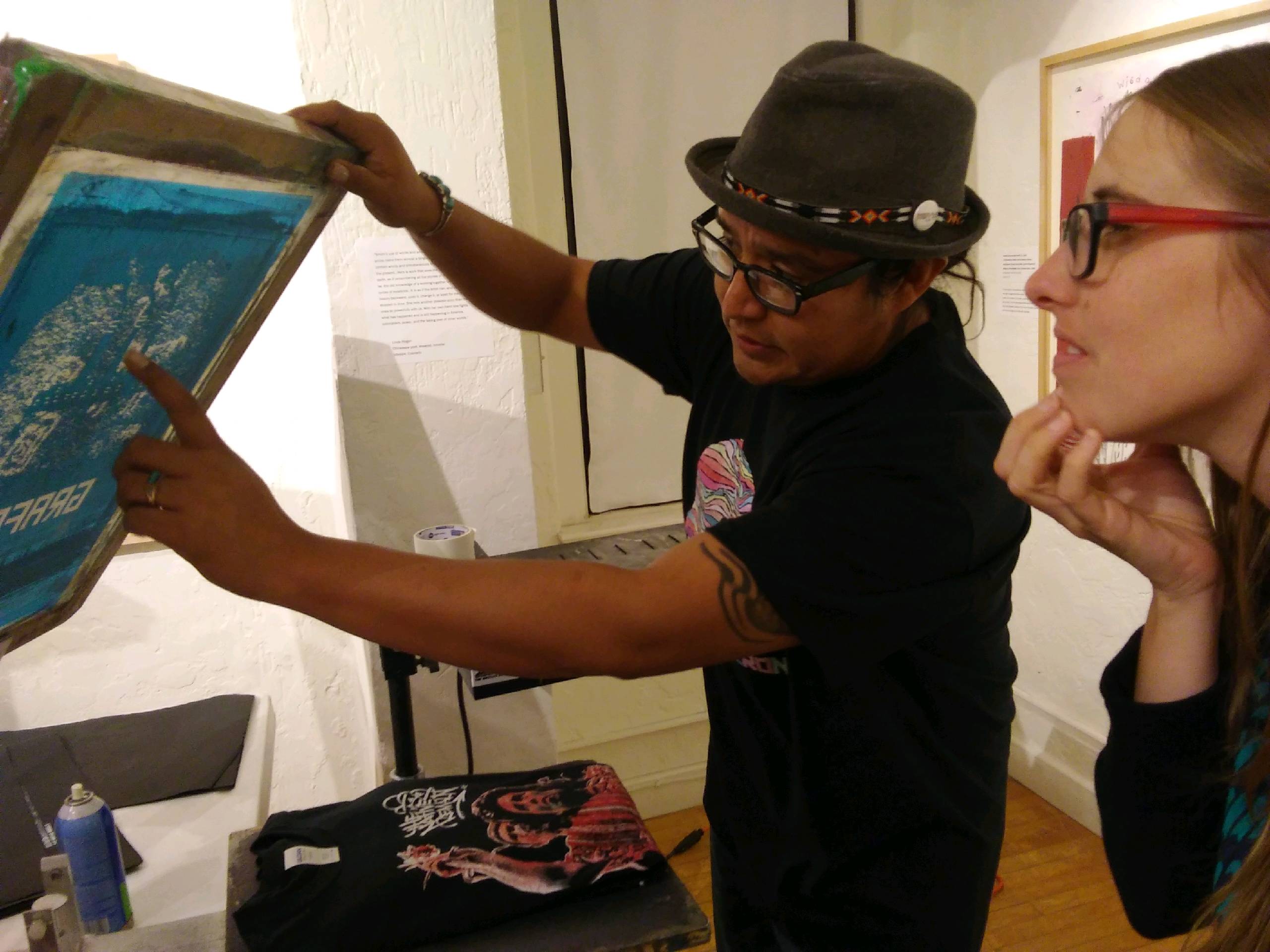
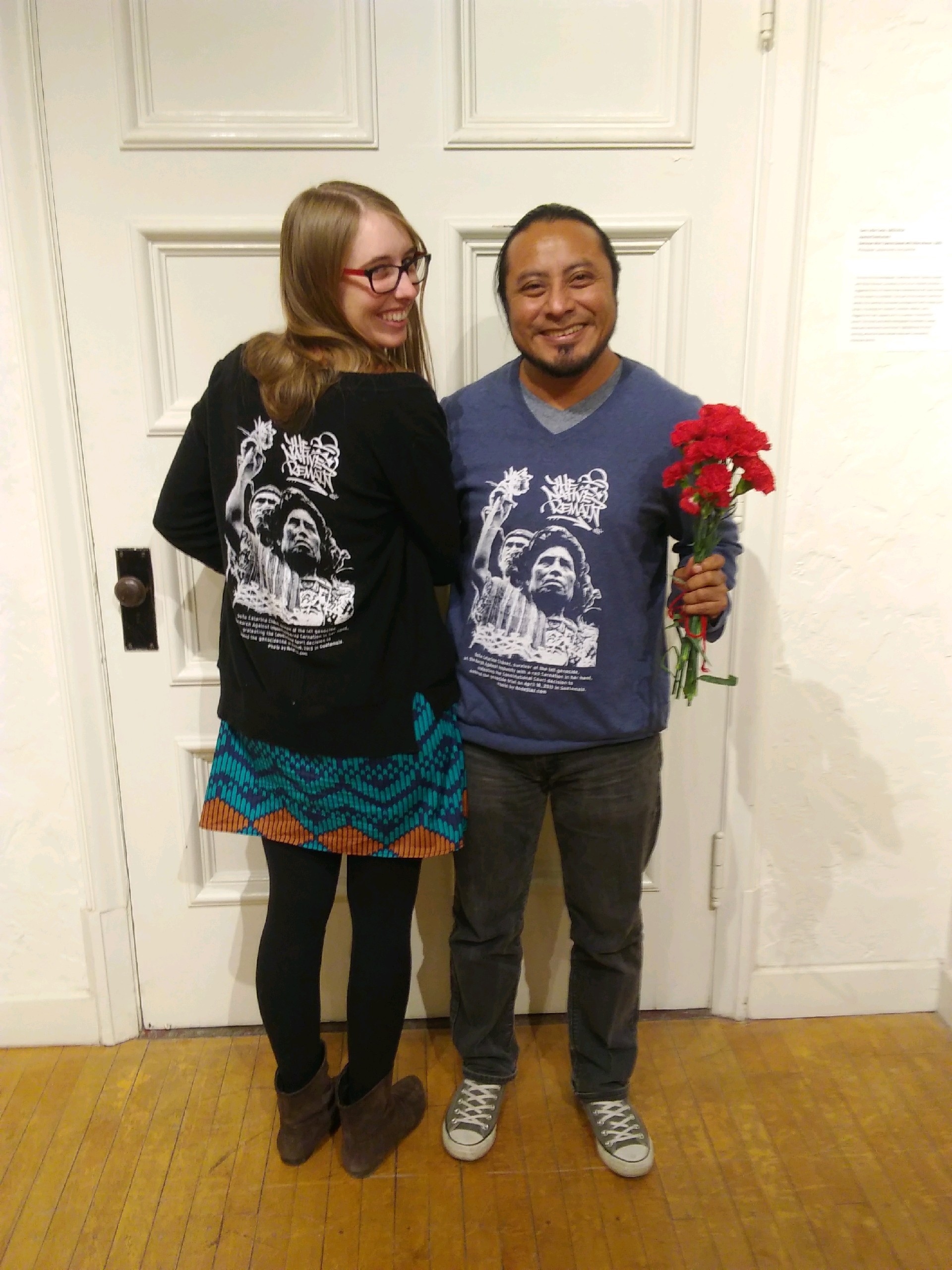
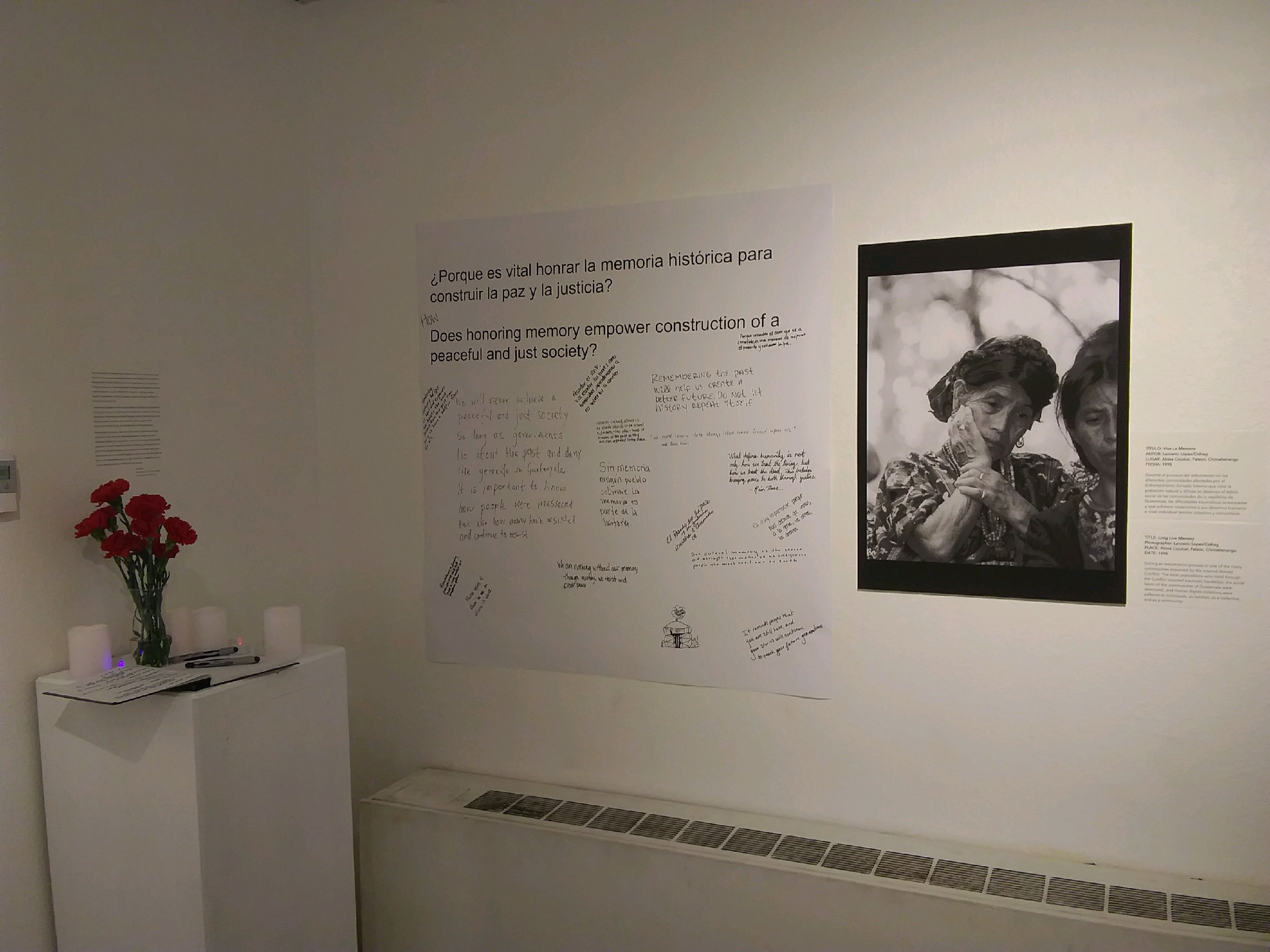

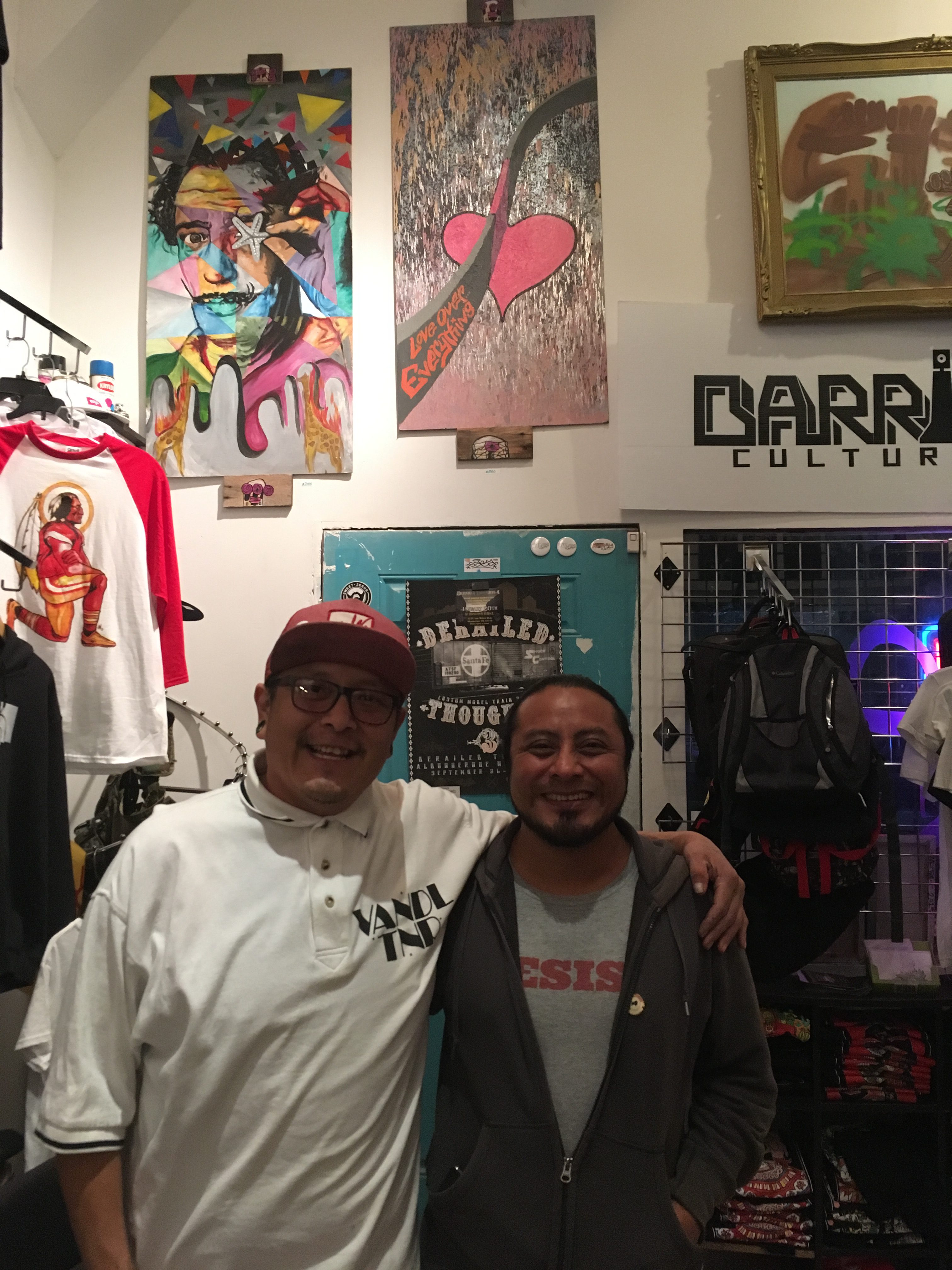
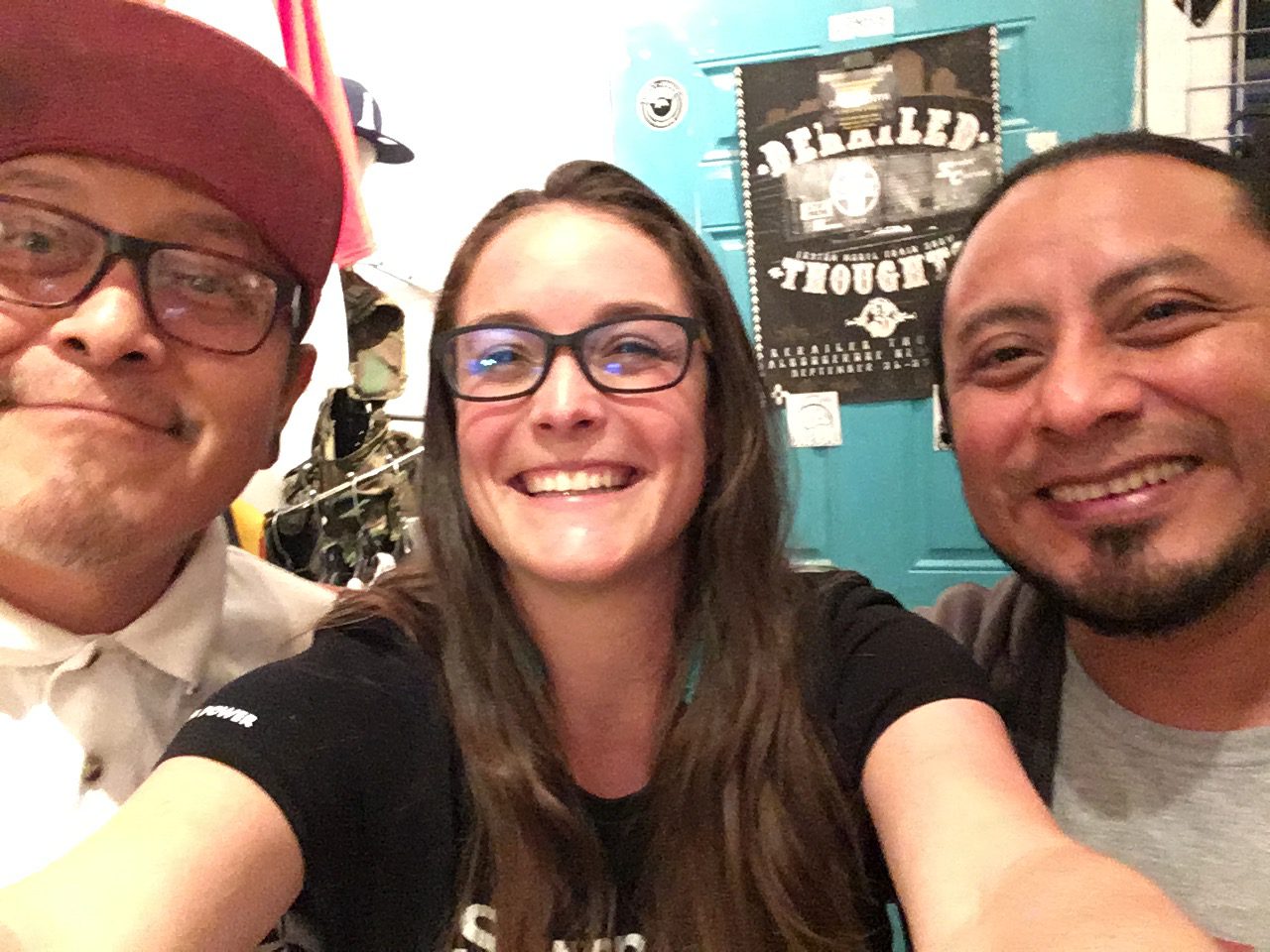
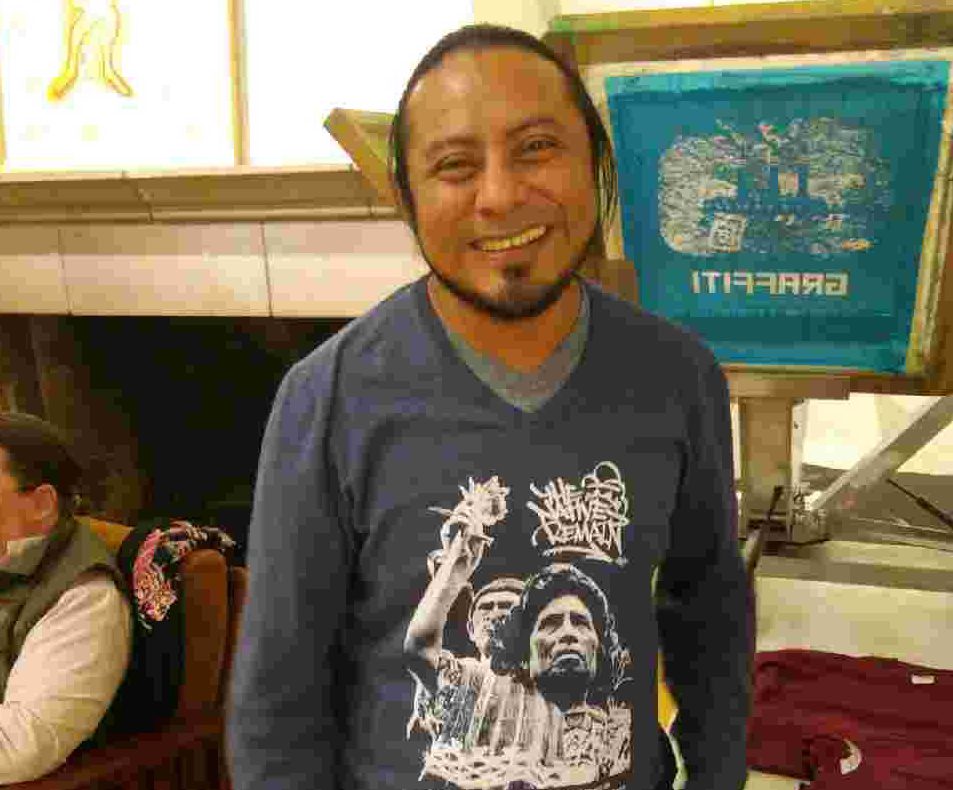
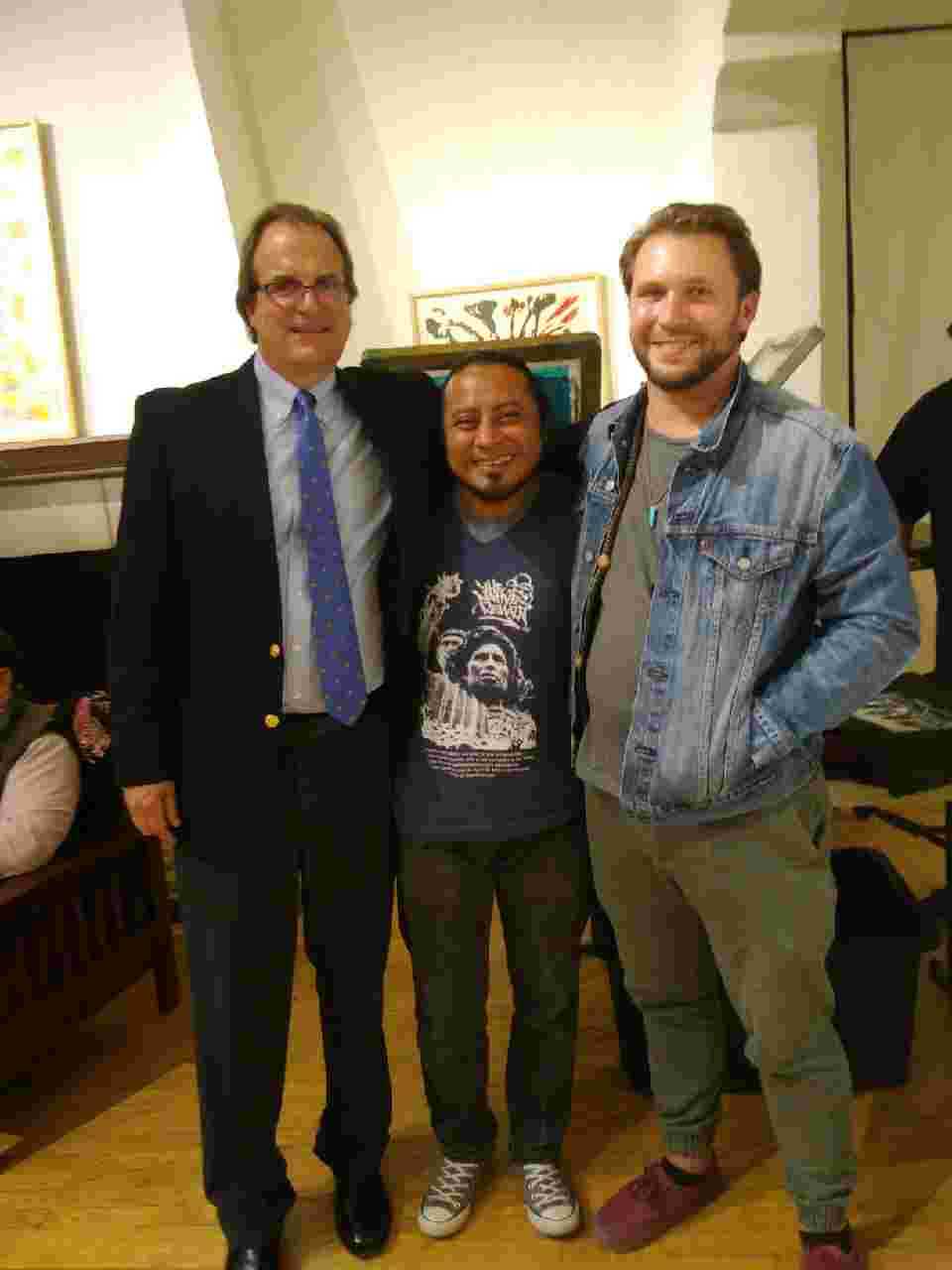
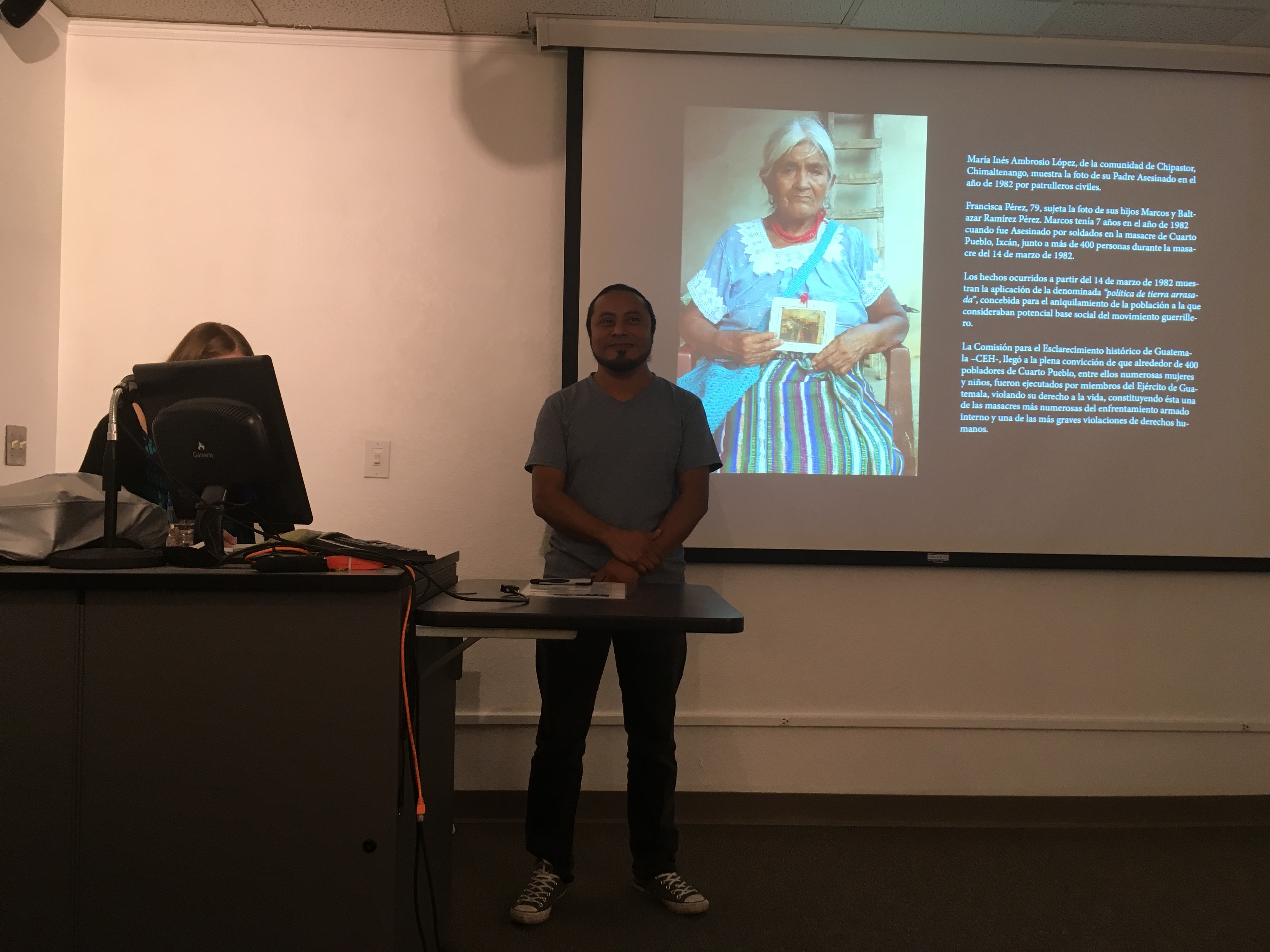
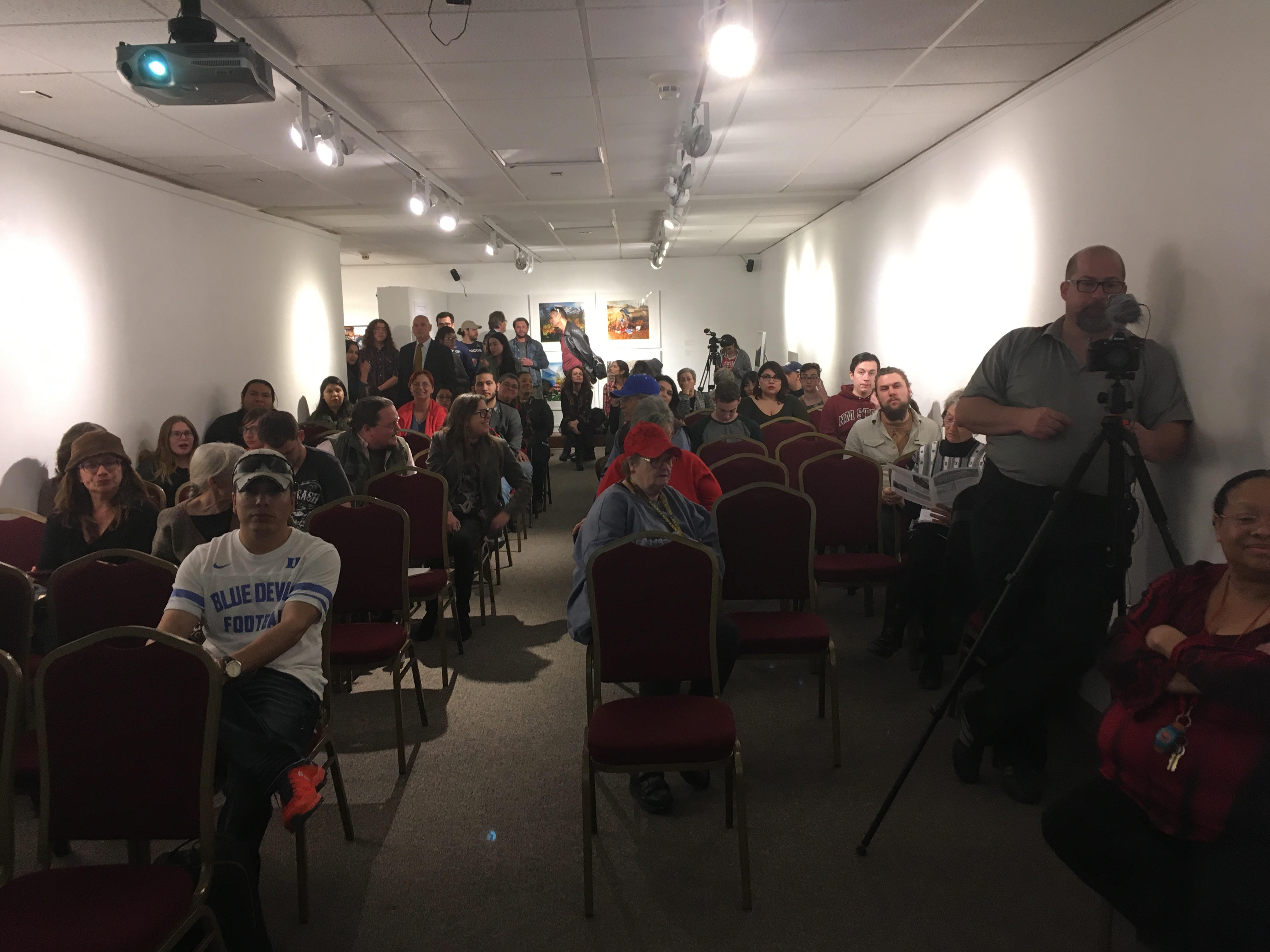
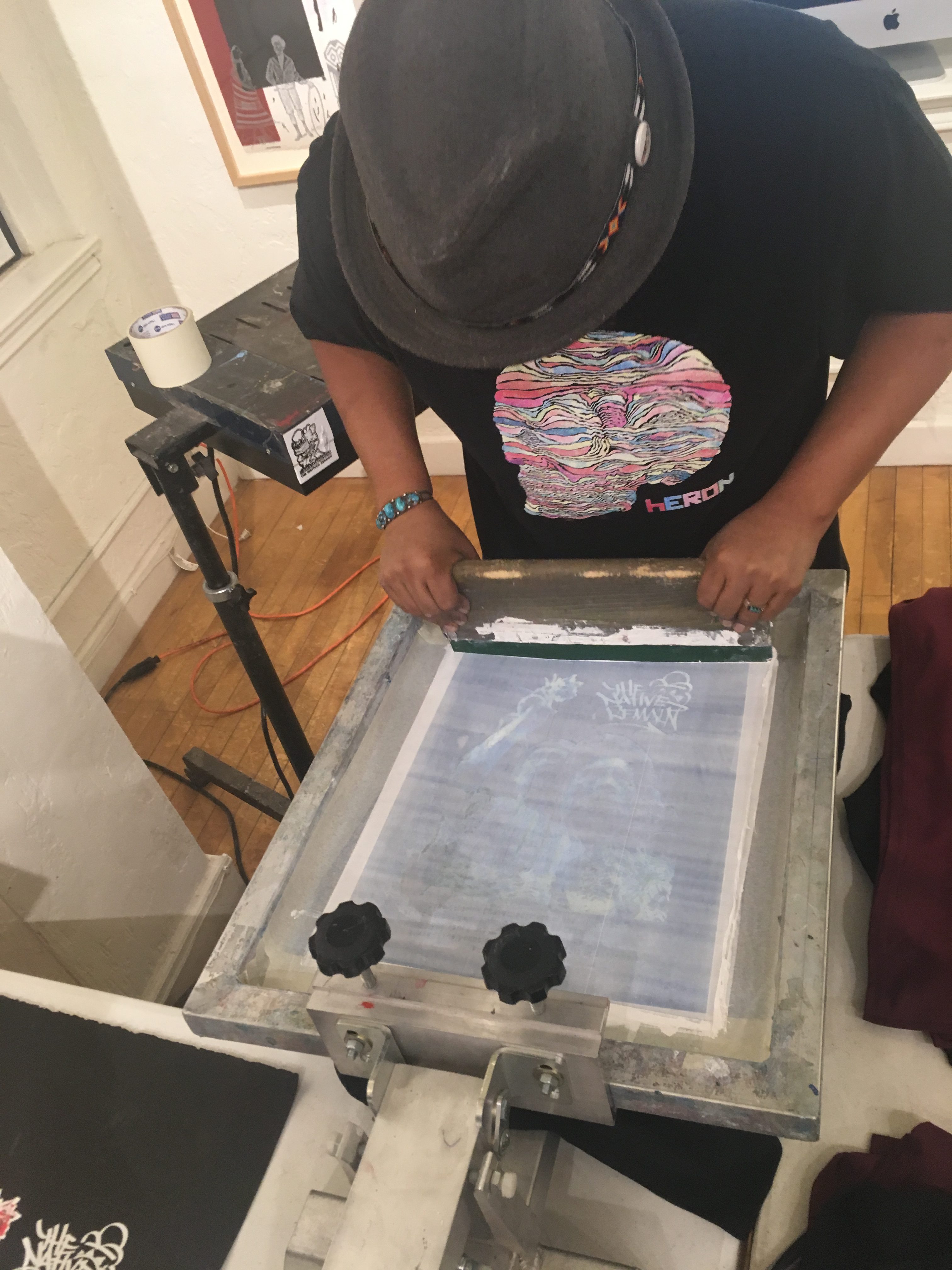
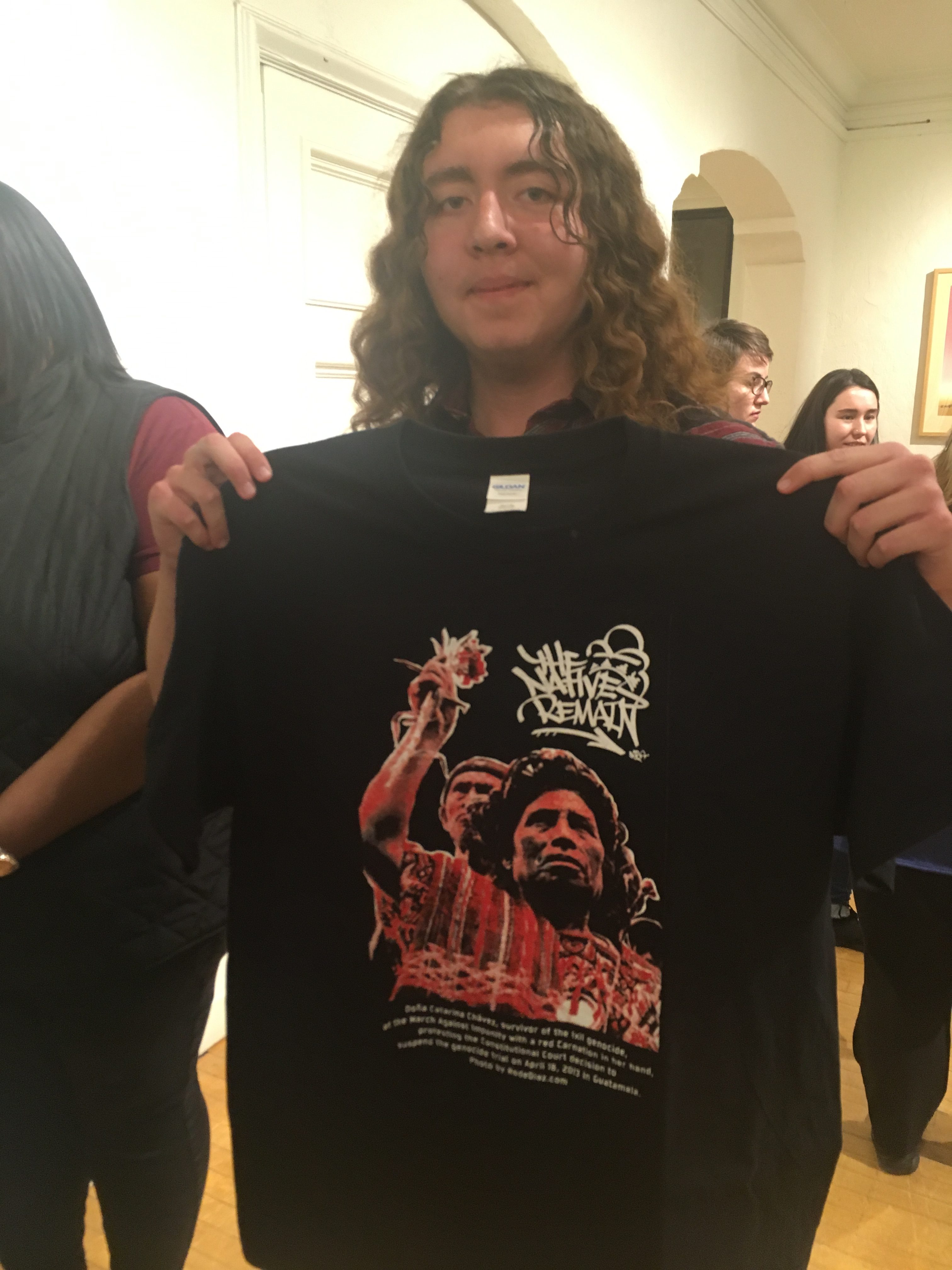
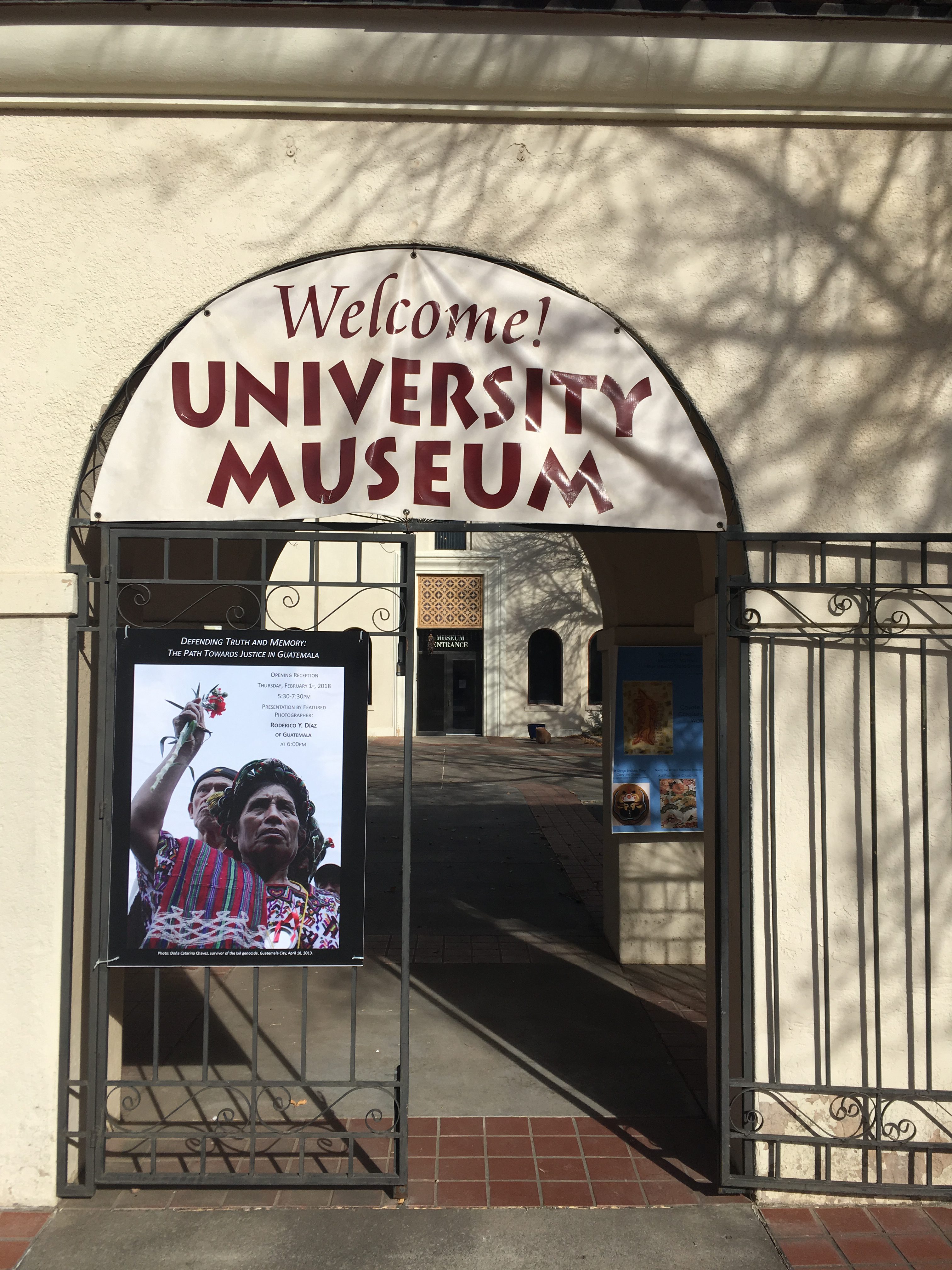
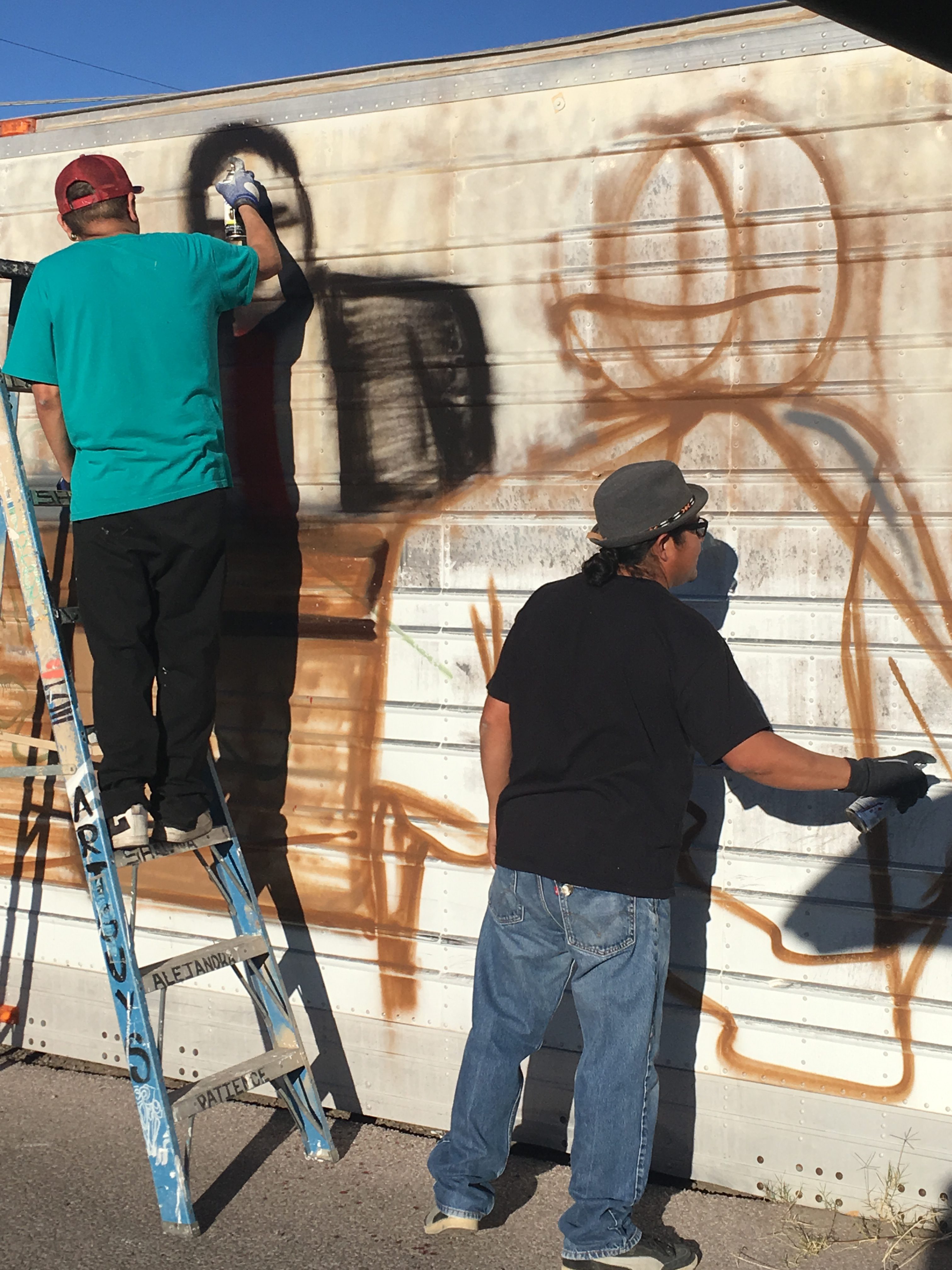

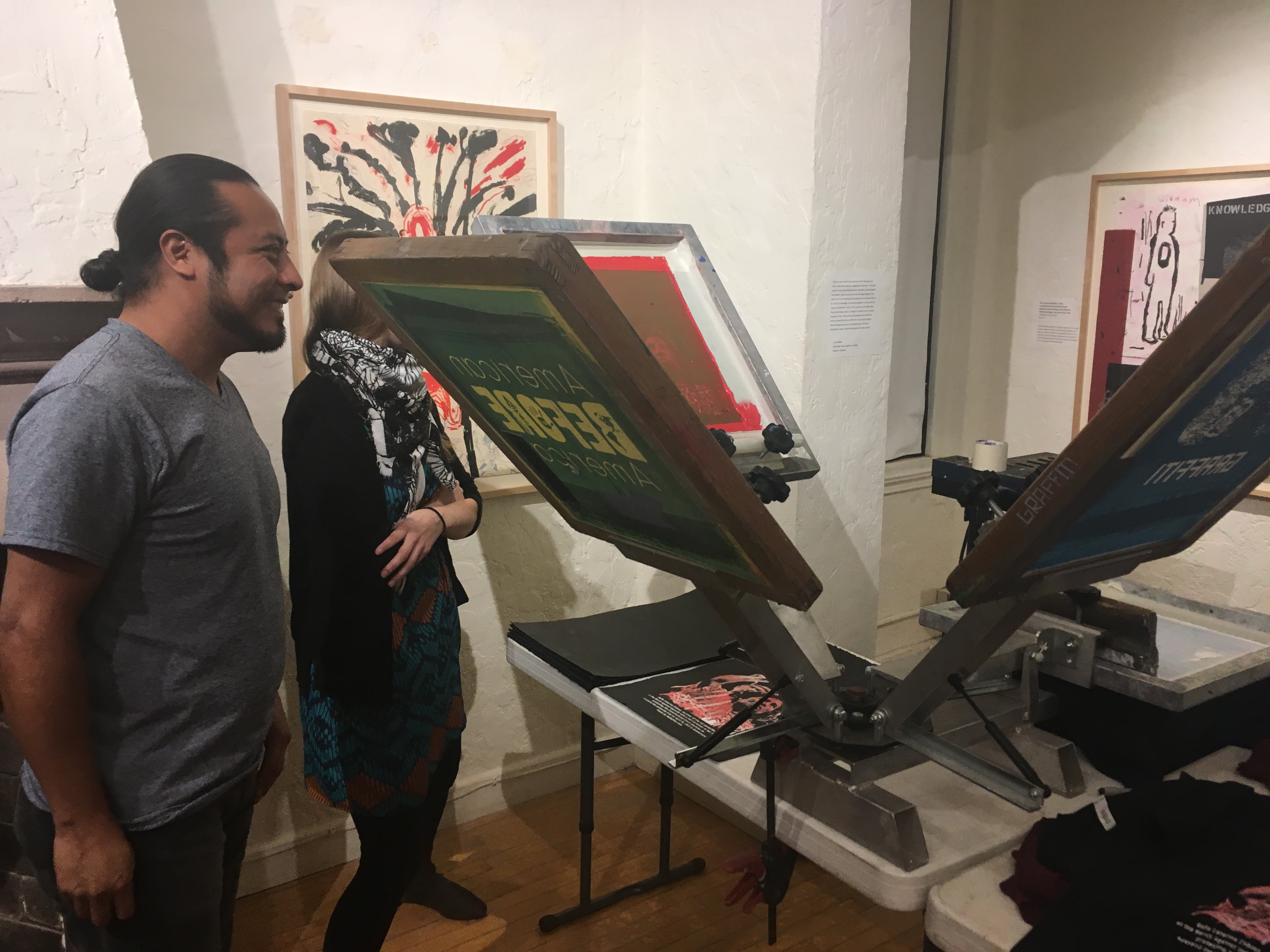

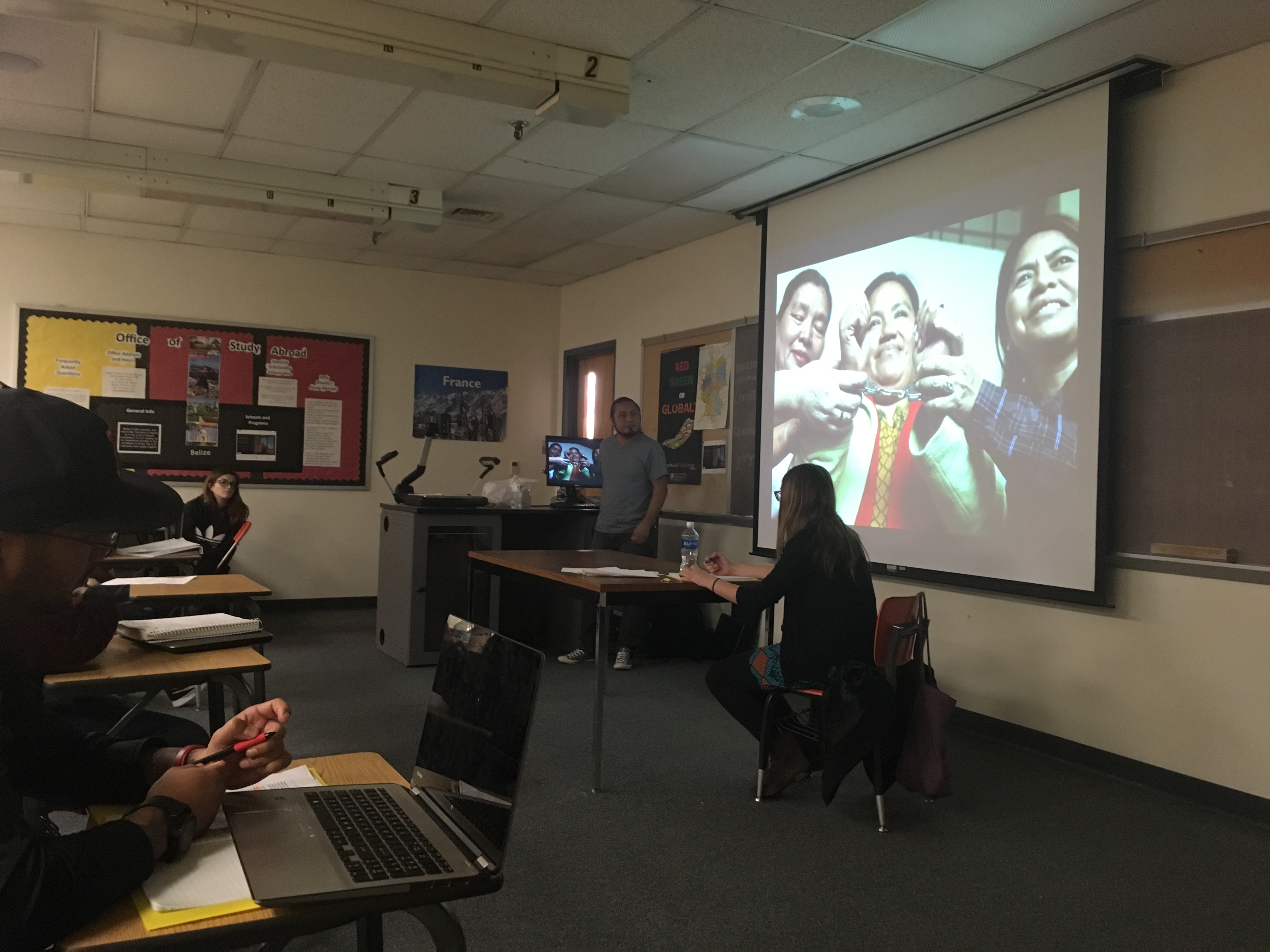

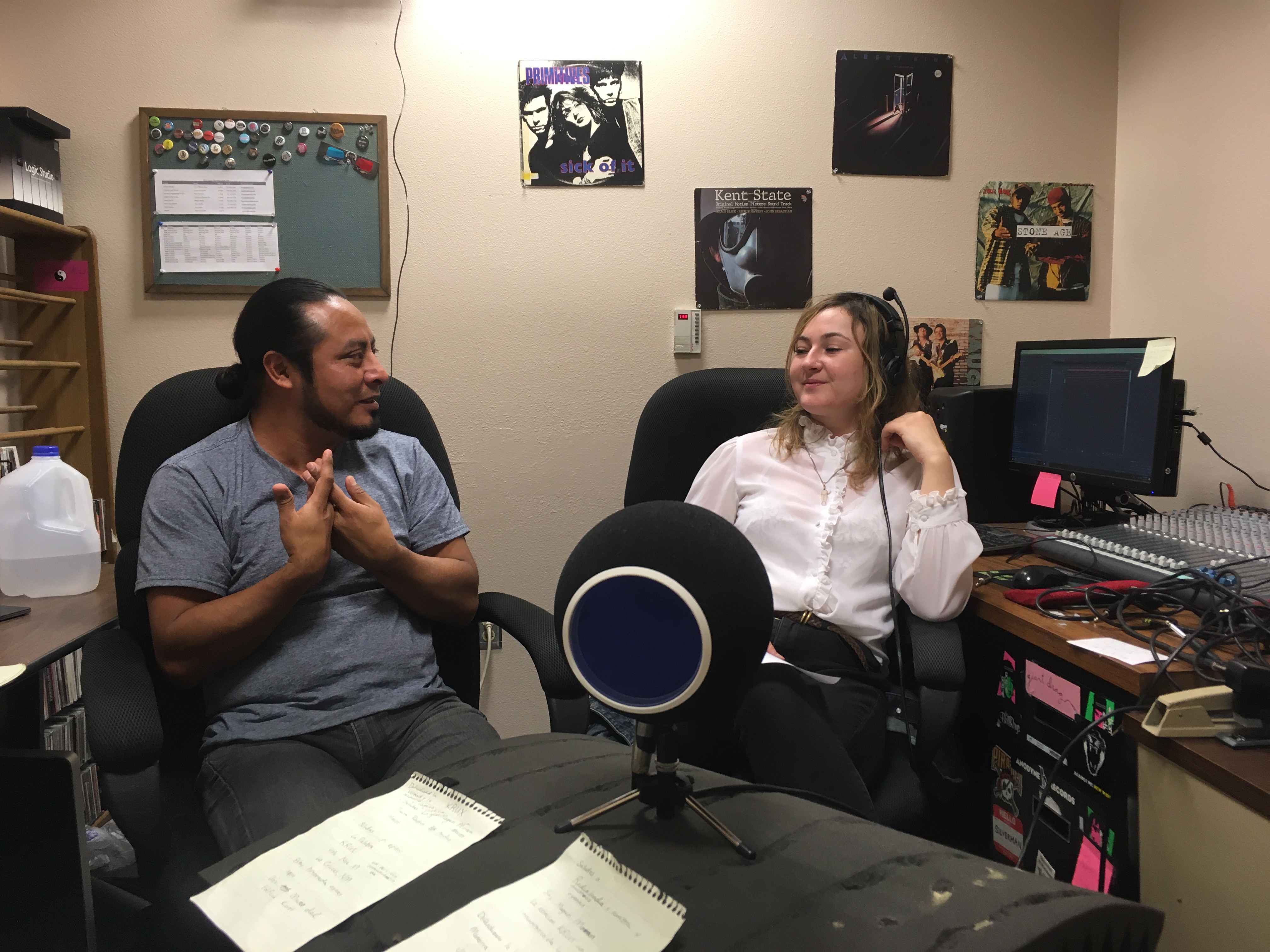

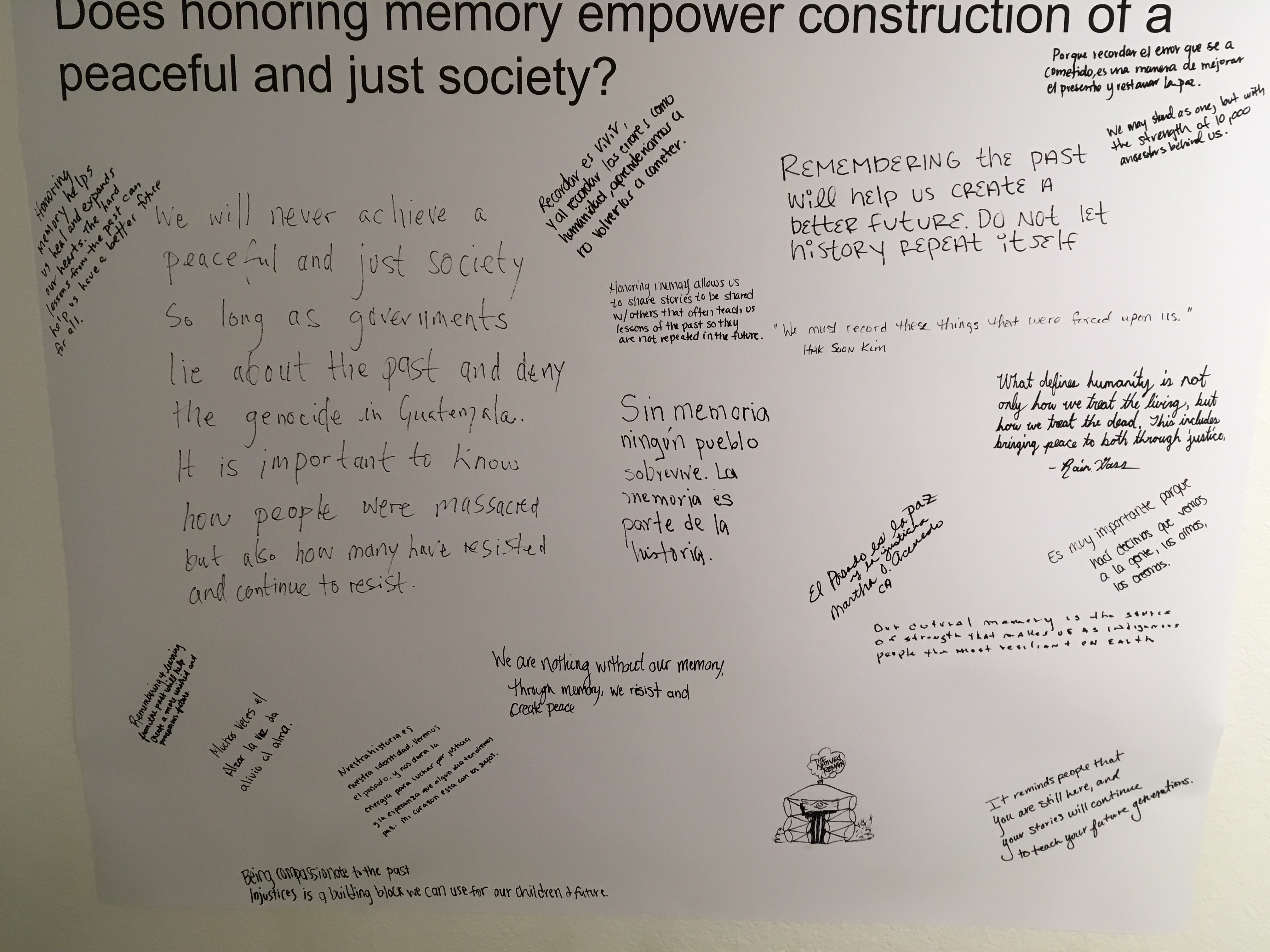
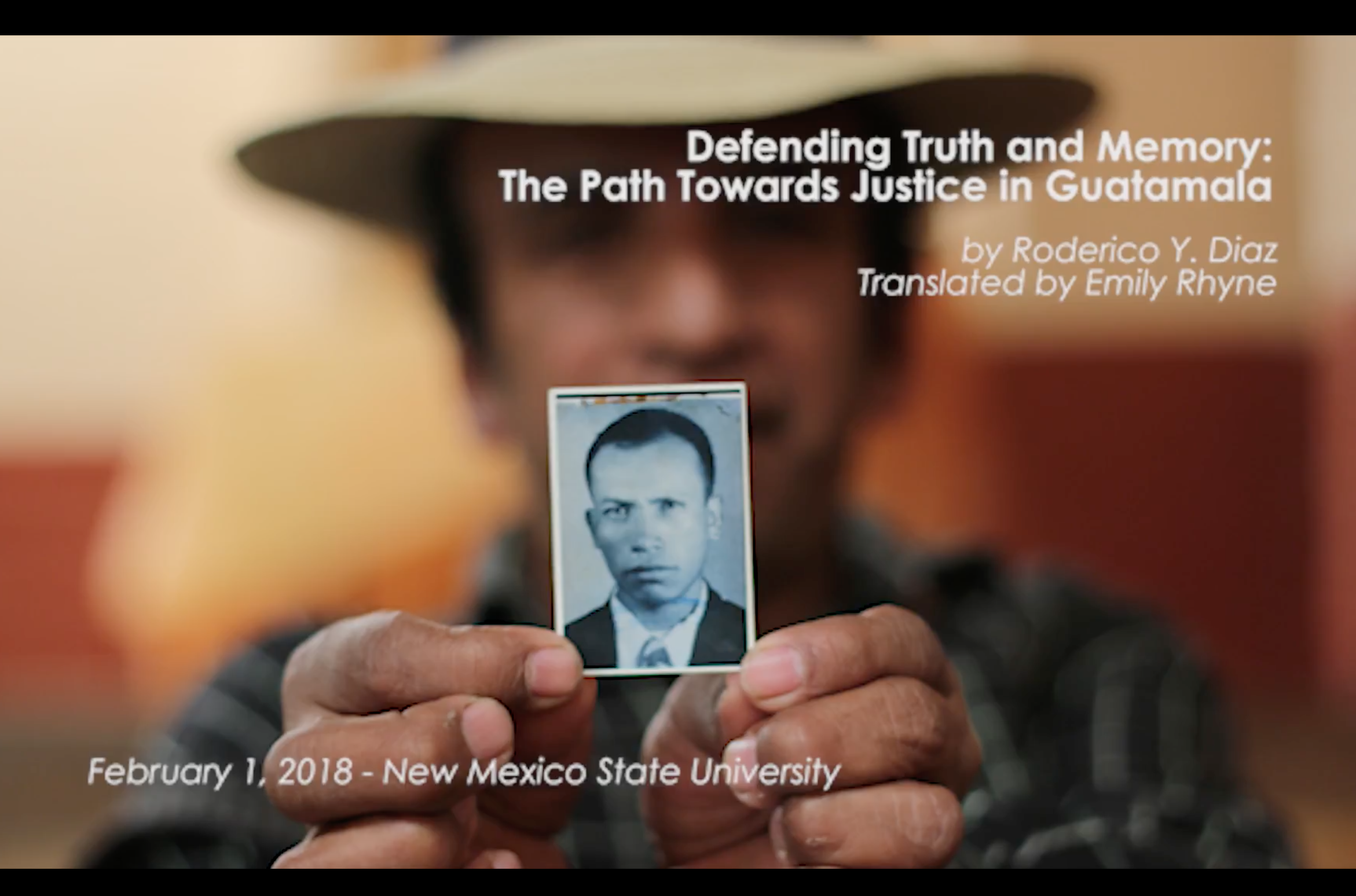
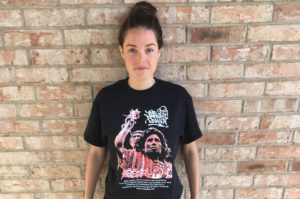
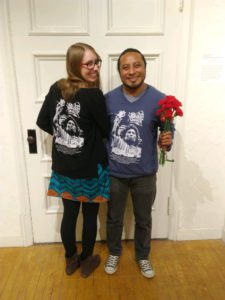
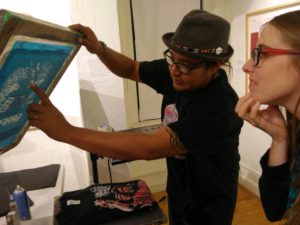
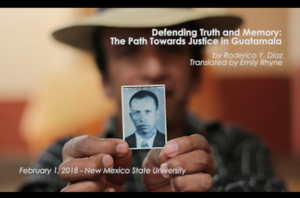
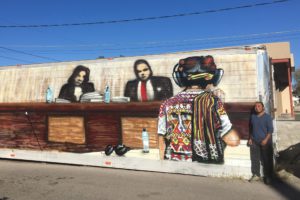
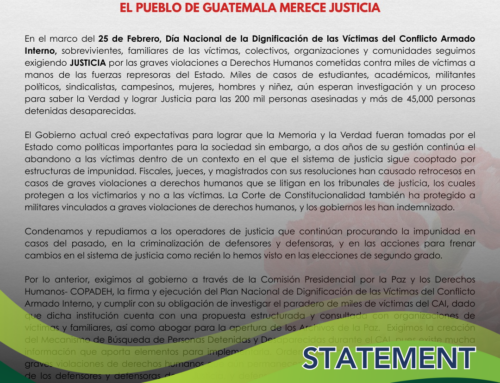



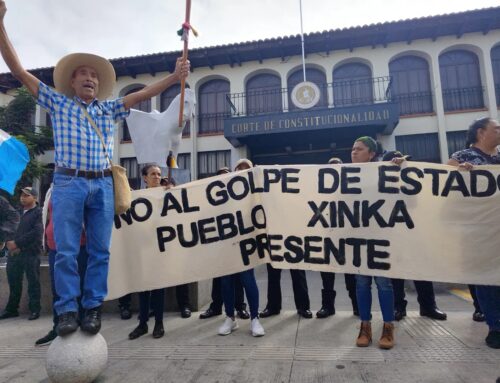
Leave A Comment